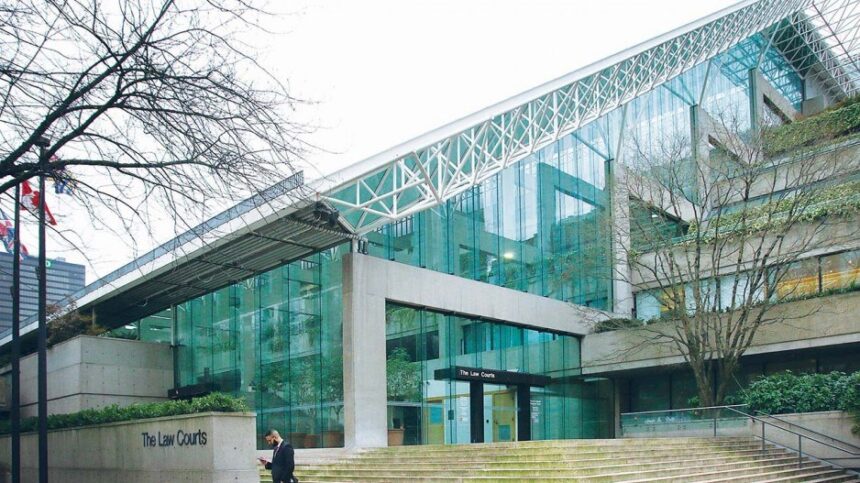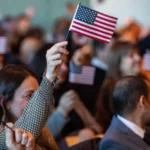A Vancouver lawyer accused of filing a groundless pseudolegal lawsuit against her neighbour over a glass deck divider has been banned from practising law in British Columbia while the province’s law society investigates a complaint.
Naomi Arbabi was temporarily suspended on December 28 after an interim action board of the Law Society of British Columbia “determined that extraordinary action was necessary to protect the public
“The suspension will last until the order is rescinded or varied,” the email read.
An interim action board, which is set up by the Law Society president, consists of three or more lawyers who may be appointed to investigate complaints against one of the society’s members.
The temporary ban is the latest development in a legal back-and-forth between Arbabi and her neighbour, Colleen McLelland, which began with accusations of trespassing on roof space and developed into what McLelland describes as a fight based on debunked, pseudolegal arguments.
- Vancouver lawyer who sued neighbour over deck divider accused of pseudolegal ‘paper terrorism’
In her lawsuit last October, Arbabi accused McLelland of trespassing by installing a privacy divider on her rooftop deck at their condo building in Vancouver’s Fairview neighbourhood.
Arbabi identified herself in the claim as “i, a woman” and said the case would be tried in the “naomi arbabi court.”
As part of her lawsuit, Arbabi said her claim was “based on law of the land, and not a complaint based on legal codes acts or statutes” and asked for compensation equal to $1,000 a day for every day the glass divider has been in place.
In November, McLelland went to B.C. Supreme Court to ask that Arbabi’s lawsuit be thrown out on the grounds that it was “scandalous, frivolous or vexatious.” McLelland also called on the court to refer a complaint against Arbabi to the Law Society.
The society did not comment further on the details of its investigation in its email Tuesday.
- Pseudolegal ‘expert’ banned from acting as a lawyer in B.C. courtrooms
McLelland argued the lawsuit is a clear example of what Canadian courts have termed an organized pseudolegal commercial argument (OPCA) — a thoroughly debunked and wholly unsuccessful class of legal theory favoured by fringe groups like Sovereign Citizens and Freemen on the Land.
“In dealing with Ms. Arbabi’s notice and claim, I truly feel a victim of paper terrorism and believe the public needs to be protected from such litigation tactics,” McLelland said during her November appearance in B.C. Supreme Court.
Master Susanna Hughes has not yet released her decision on McLelland’s application.
Lawyer says courts misunderstand ‘natural law’
In her submissions to the court, Arbabi denied any association with organized pseudolegal groups, but told the court, “I do think that our legal system has a lot of flaws.”
She argued that she was appearing in court as “a living, breathing, alive woman,” not a lawyer, and said she would refer to herself using a lowercase “i.”
“That i possess a licence to practice law in the legal jurisdiction of the province of British Columbia does not make i into a lawyer, the same way that having a driver’s licence to drive a motor vehicle does not make i into a driver,” Arbabi said.
The code of conduct for lawyers in B.C. requires them to encourage respect for the justice system, and says they should not weaken public confidence in legal institutions though irresponsible claims.







